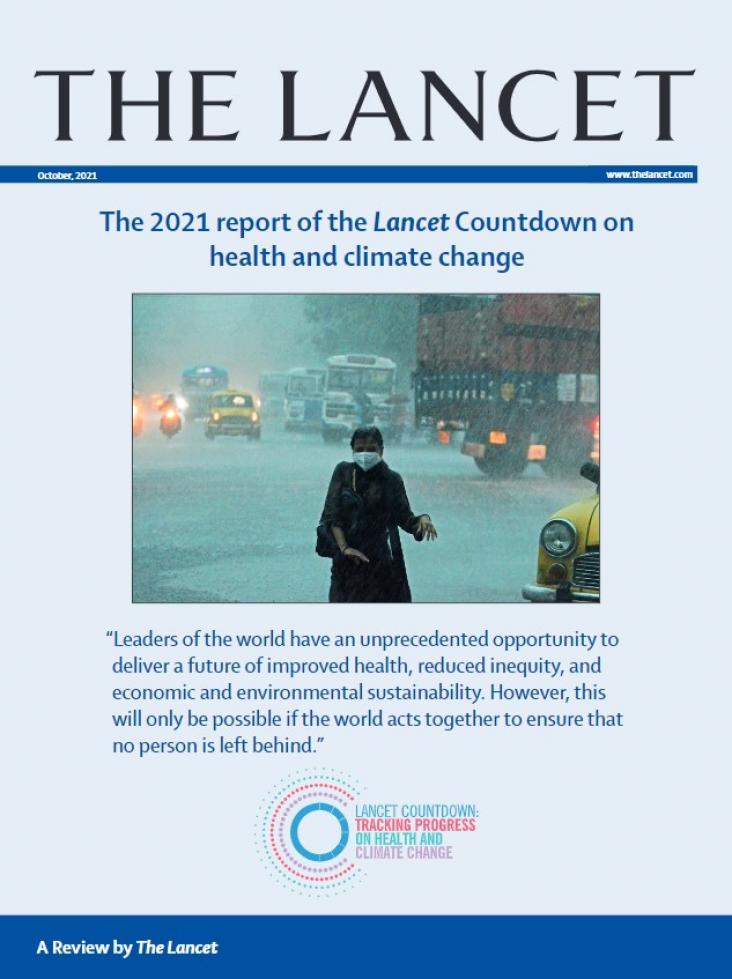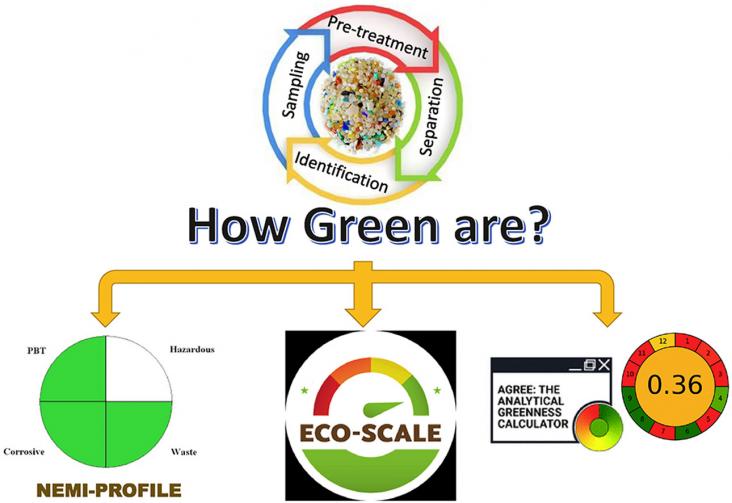Both short-term and chronic exposure to fine particulate matter air pollution (PM2.5) are known to cause a host of adverse health outcomes, including premature death. This paper will review sources, health impacts and health inequities associated with PM2.5, and will frame PM2.5 as both a social and structural determinant of health.
Healing the climate crisis: are health professionals (enough and well) "alarmed"?

How education about the environmental impact of unnecessary laboratory testing can affect ordering.

The Lancet Countdown is an international collaboration that independently monitors the health consequences of a changing climate. Publishing updated, new, and improved indicators each year, the Lancet Countdown represents the consensus of leading researchers from 43 academic institutions and UN agencies.
Looks at the links between sustainability of water in mountainous areas and sustainability.
The authors propose the adoption of a mnemonic for climate action that healthcare professionals can embrace and use as a platform to catalyse action.
This article examines the ways in which healthcare professionals can intervene to reduce pharmaceutical pollution.

Microplastic (MP) and nanoplastic (NP) pollution is among the global environmental concerns of the 21st century owing to its transboundary distribution and persistence.
Global warming and climate change caused by an ever-increasing accumulation of atmospheric CO2 are reaching alarming levels.
Energy production and CO2 emissions are strictly connected.
